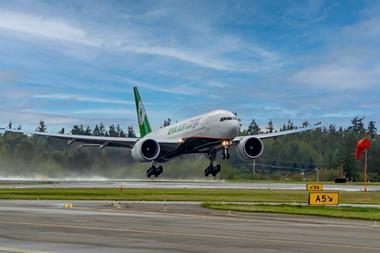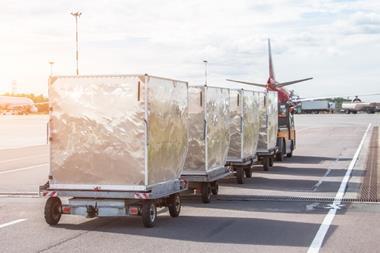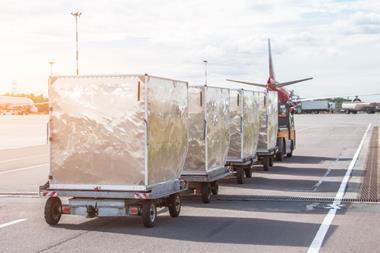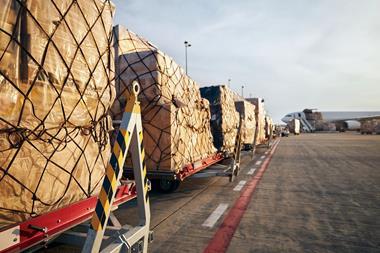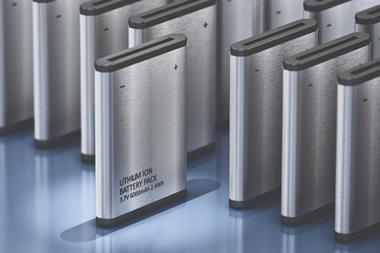Amsterdam Airport Schiphol is to develop an early warning system for pharma shippers with the help of a €1m research grant, it was revealed at the IATA World Cargo Symposium on 14 March.
The money, from the Netherlands Organisation for Scientific Research and TKI Dinalog, the Dutch Institute for Advanced Logistics, will fund data collection and monitoring of Pharma Gateway Amsterdam (PGA) shipments to identify exceptions such as temperature excursions. The information will then be used to design a model to alert shippers when there has been an issue with their consignment.
Schiphol has teamed up with Air France KLM Cargo, Cargonaut, and PGA members for the project, which starts this month and with results expected later this year.
The Schiphol Cargo Community and Cargonaut will add performance management and alerting capabilities to the community Cloud; Amsterdam University of Applied Sciences and Delft University of Technology will do the underlying research, contribute to the development, and measure the benefits for shippers and their transport suppliers.
Stekelenburg said: “Pharma shippers are asking for more visibility so they can have confidence that their sensitive cargo is being handled safely through the supply chain and find solutions if there are issues such as temperature excursions.
“This research will enable us to develop a system capable of stepping up to those challenges.”
Air France KLM Cargo executive vice-president Marcel de Nooijer added: “We are keen to improve the supply chain in collaboration with other parties in the chain, contributing to overall higher product integrity for pharmaceutical shipments.”
while Sebastiaan Scholte, chief executive of PGA member company, Jan de Rijk Logistics commented: “We hope that many other air cargo supply chain communities will follow this example and work together, because this is how the whole industry will improve.”
Speaking at an event to announce the development, Schiphol Airport cargo director Jonas van Stekelenburg said it was down to members of the organisation how they would use the data provided when an alert is triggered.
"Not everyone handles a warning in the same way," he said. "This is up to the parties themselves. We have 13 members who are going to develop the system.
"There is not going to be a rule that everyone is going to share everything with everyone, but what we want is an improvement in the pharma shipment process, of course.
"Shippers want to know if something goes wrong and what the action will be. We hope that in the end everyone will know everything, but at the beginning we will take it slowly and whoever generates the data decides what happens to that data."
Scholte added: "If the data is shared amongst all the players in air cargo supply chain then you can take corrective measurements sooner than if it is not shared."
Kester Meijer, director of operational integrity, compliance and safety at Air France KLM, added: "When we get the data from the cargo community portal we can immediately take action and see where in the supply chain, when it is under our control, whether we can do anything.
"In hindsight you can also do data analysis - what are the routings where you see these excursions - and take action to ensure that it does not re-occur in the future."
PGA, formed a year ago with the aim of providing a transparent and qualified process for pharma, includes 13 members representing forwarders, ground handlers, hauliers, and airlines. Its members are expected to be certified to the IATA CEIV Pharma standard, and benefit from cooperative and competitive knowledge sharing.





